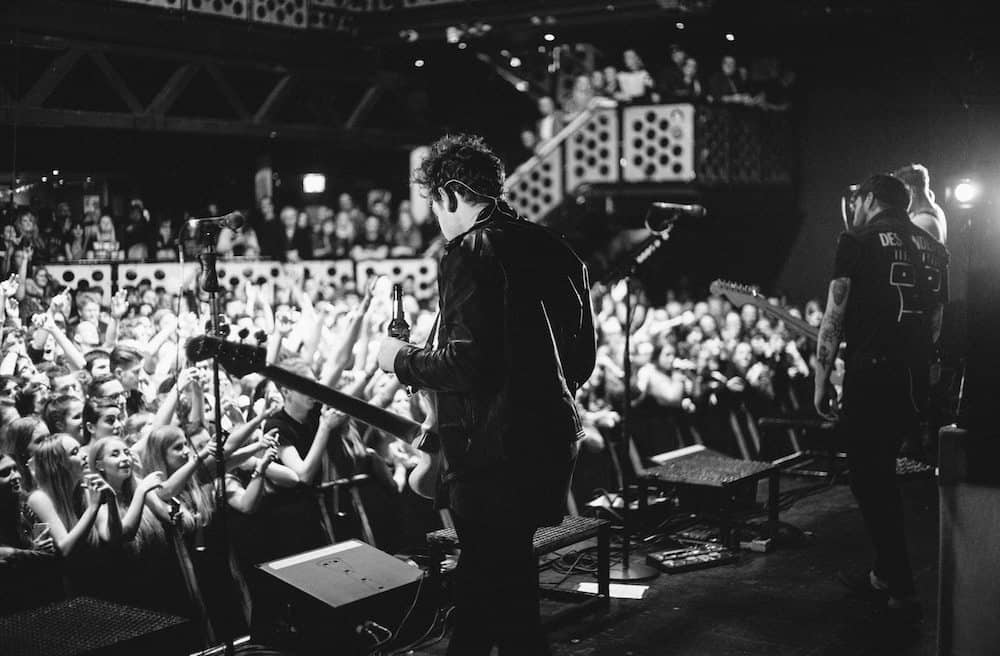Is there a fair price to be paid for the experience of playing music in public? This is a question that is always being asked, and with good reason. The music business is tough. The only way to make a living in it is through a combination of talent, hard work, and luck—and as long as that recipe remains the same, it will always be hard to make a living from music. But, what is fair?
In this day and age, you can get on stage at almost any venue and play music for any audience. All you need is a talent and a desire to make a name for yourself. But as with most things in life, money comes into play when it comes to music performance. How much should you charge, and how can you get paid to play a gig?
Being in the music business means you’ll never know exactly how much money you’ll make. Backing up a rock group can be lucrative, but don’t expect to make millions on an album. You’ll start on a very low level, but it’s up to you how much money you’ll make as you progress. The first year or so of making music will be expensive, and it’s possible to lose money or even go broke.
We’re in the middle of a golden age for live music. Live music is the only thing that’s cut to the bone, the only thing that truly matters. You can’t get that in a digital format. You can’t get it in a record. You can’t get it on TV. You can’t get it on Spotify. You can’t get it in a movie or in a radio show. You can’t get it in a book, television show, or podcast. You can’t get live music.
If you’re wondering what you should charge for a show, there is a formula you can use to figure out how much money you should make.
- The average charge for a local music gig ranges from $50-$300 depending on the artist, size of the crowd, and the location of the gig.
- While there are many factors that go into a music artist’s take-home pay, the average is a good starting point for any musician just out of the closet. According to a recent article from Fortune, a typical musician’s charge per performance ranges from $3,000 to $6,000.
- It’s hard to say how much an average person should charge for a gig. For instance, some acts are willing to pay pennies for a three-song demo. Others are willing to spend thousands of dollars on a performance. But, while it may seem odd, a lot of acts are willing to take a risk on a new artist, even if they’re considering charging $5,000 or $10,000 for their music.
- Your average musicians (and their average band) may reasonably have a goal of earning $10,000 for a single performance. However, the reality is that that amount is a good benchmark for what a professional musician can expect to make on the road (if they’re doing a good job). Still, it is not enough to support a comfortable lifestyle. In fact, studies have shown that the average musician makes only about $500 a month from their music.
There are a few factors in determining how much to charge for a music gig: the venue, the size of the audience, and the act. But in recent years, the most important factor in determining how much to charge has become the amount of talent on stage. The more talented you are, the more you can charge.
This is the question most aspiring artists are asking. Even if you’re a seasoned pro—it’s tough when you get down to brass tacks and calculate how much to charge for your services. There are so many variables to consider. Should you charge per hour or per song? Should you charge by the minute or by the project? Should you charge by the song or by the gig?
If you’re a musician and you want to make money from your music, there are many ways you can do so. However, the most popular ways are all based on charging a fee for people to also be able to listen to your music for free. Having your music available to the public for free does not mean that it is not profitable to make money from it.
However, If you’re a real musician and you’re wondering about the best way to charge for a music gig, it’s simple. Charge what you’re worth.

Leave a Reply